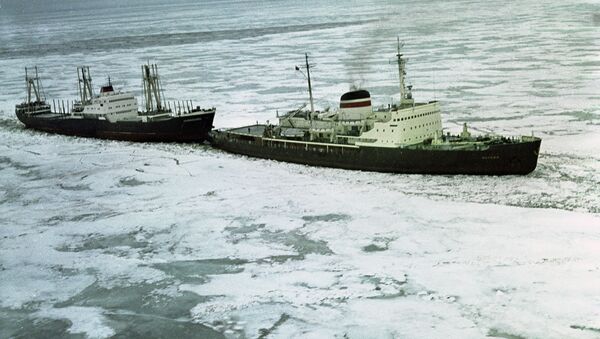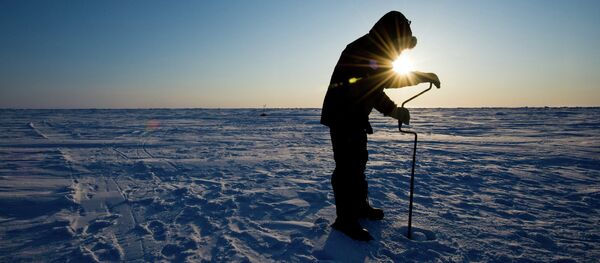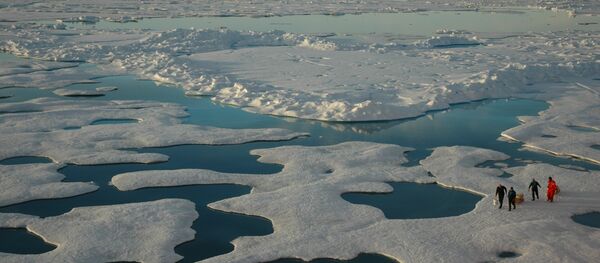"We sit here on the sidelines as the only nation that has not ratified the Law of the Sea Convention," Zukunft told a gathering Tuesday at the Navy League’s annual Sea Air Space exposition and conference at National Harbor, Maryland.
Zukunft said Russia’s fleet of icebreakers – ships designed to navigate ice-covered waters – dwarfs that of the United States.
"Our nation has two ocean-going icebreakers … We’re the most prosperous nation on Earth. Our GDP is eight times that of Russia. Russia has 27 ocean-going icebreakers."
The US essentially is conceding the Arctic to Russia and other foreign nations like China, which is conducting research in an area considered to be the extended undersea shelf of the United States.
"What happened when Sputnik went up? Did we say 'Good for you, but we’re not playing in that game?'" he asked. "Well, we’re not playing in this game at all."
Under the United Nations sea convention, the US would have claim to an area about twice the size of California. America would also have access to what Zukunft said is about 13% of the world’s oil and nearly 30% of its natural gas, as well as about $1 trillion worth of minerals.
The United States, however, has not signed the most recent version of the convention.
While the original convention was ratified by the United States in 1958, its 1982 successor treaty has not been passed. Despite President Barack Obama’s support for the sea law, the Senate has refused to approve it.
Zukunft told Military.com that a new icebreaker would sit on top of his wish list – one that could be modified to include armaments if necessary.
In addition to seafaring vessels, Russia is also considering improving its ground capabilities in the Arctic. The country may develop a special tracked version of its Pantsir self-propelled anti-aircraft gun and missile system. The tracks would help the vehicle move through heavy snow.
Russia’s continued military activity in the Arctic follows comments made in late 2014 by President Vladimir Putin, who said the country is not planning to militarize the area, but is taking necessary measures to ensure its security there.
The United States, meanwhile, has asked Canada to install a new missile sensor system in that country's part of the Arctic, in order to be able to detect multiple types of missile threats.
Still, US Northern Command Commander Admiral William Gortney said earlier this month that the United States and Russia are not competing for dominance in the Arctic.





